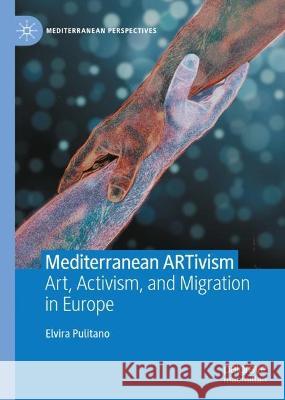Mediterranean Artivism: Art, Activism, and Migration in Europe » książka
topmenu
Mediterranean Artivism: Art, Activism, and Migration in Europe
ISBN-13: 9783031059919 / Angielski / Twarda / 2022 / 235 str.
Mediterranean Artivism: Art, Activism, and Migration in Europe
ISBN-13: 9783031059919 / Angielski / Twarda / 2022 / 235 str.
cena 563,56
(netto: 536,72 VAT: 5%)
Najniższa cena z 30 dni: 501,19
(netto: 536,72 VAT: 5%)
Najniższa cena z 30 dni: 501,19
Termin realizacji zamówienia:
ok. 16-18 dni roboczych.
ok. 16-18 dni roboczych.
Darmowa dostawa!
Kategorie BISAC:
Wydawca:
Springer International Publishing AG
Seria wydawnicza:
Język:
Angielski
ISBN-13:
9783031059919
Rok wydania:
2022
Ilość stron:
235
Wymiary:
21.0 x 14.8
Oprawa:
Twarda
Dodatkowe informacje:
Wydanie ilustrowane











